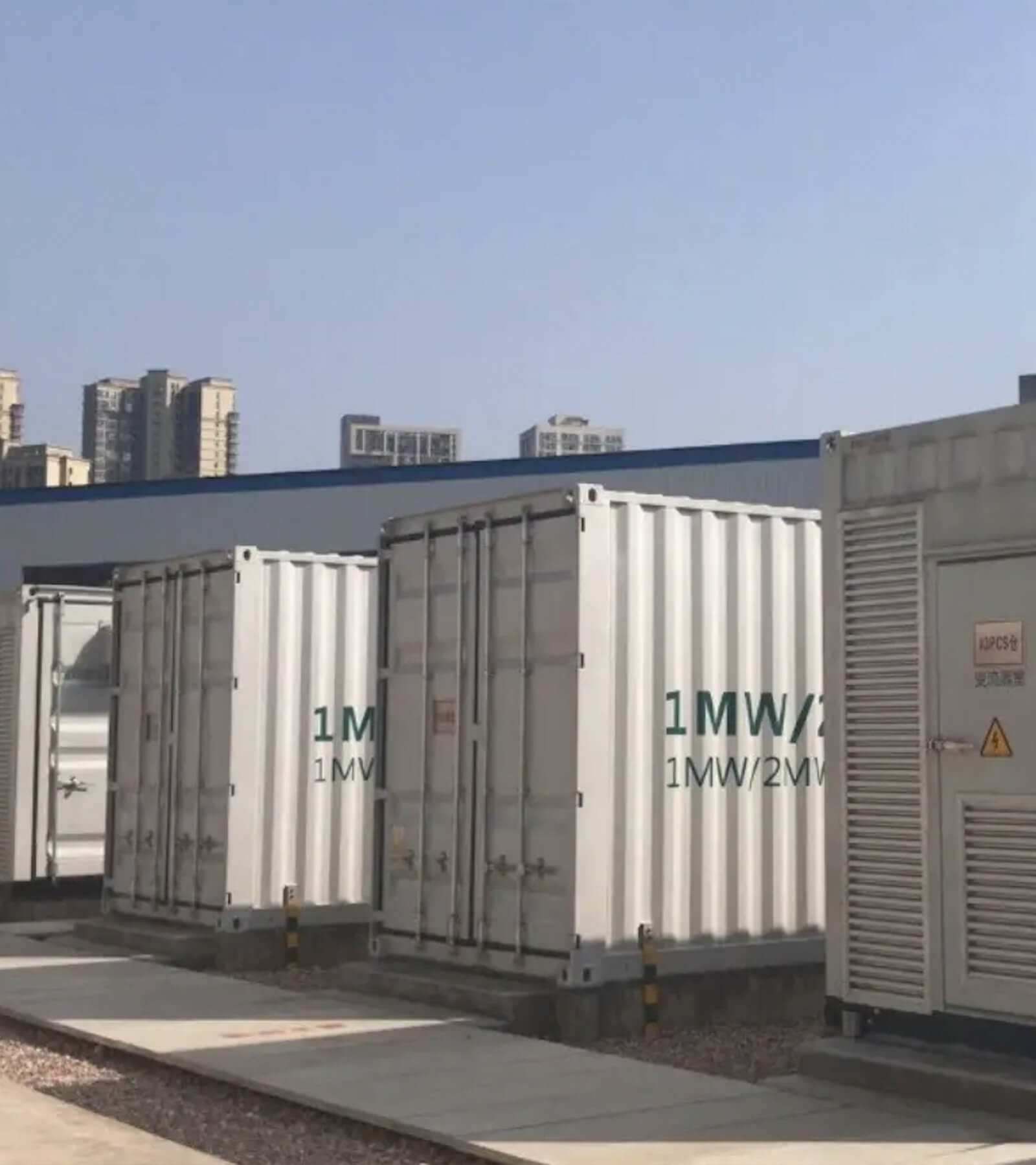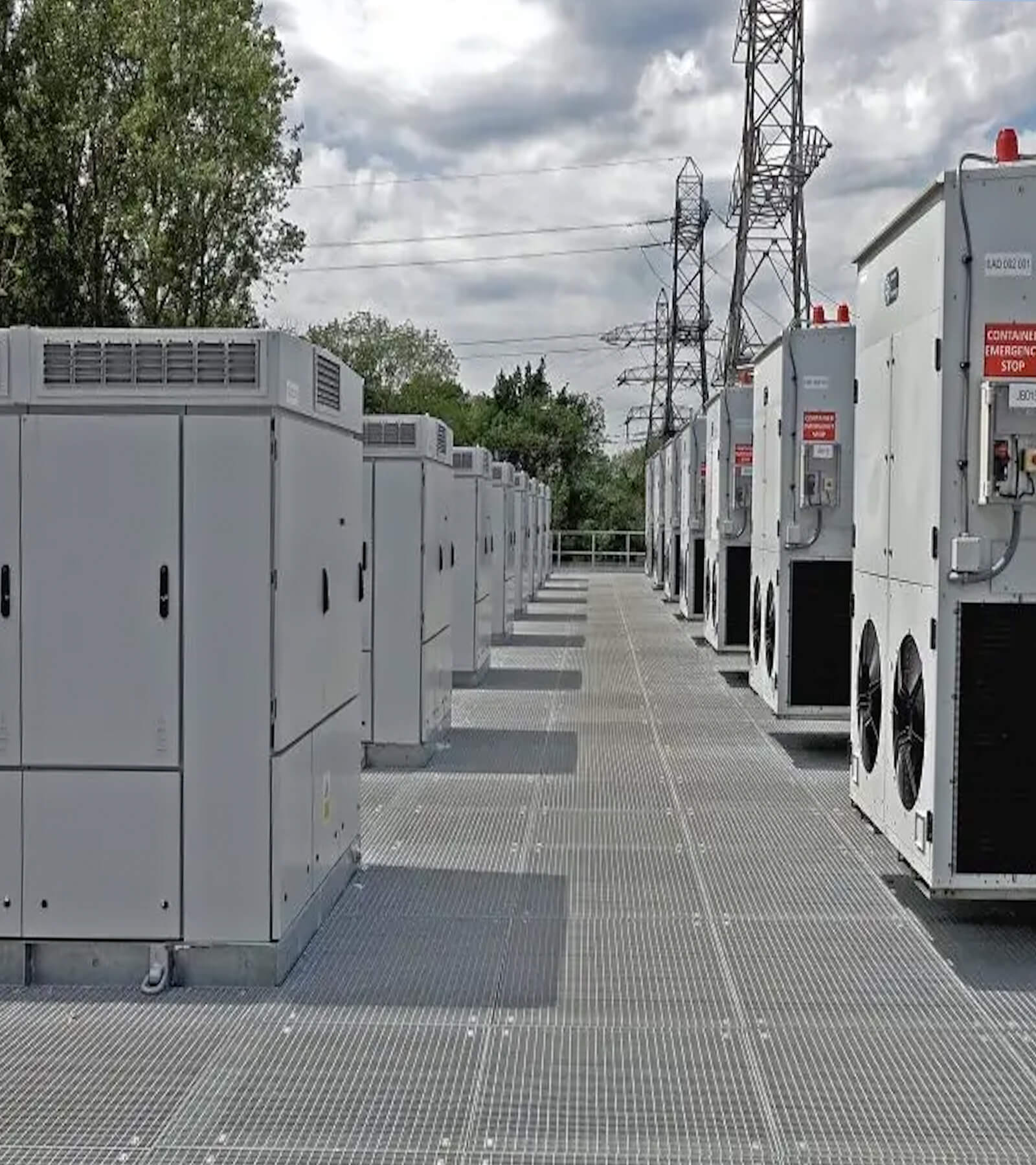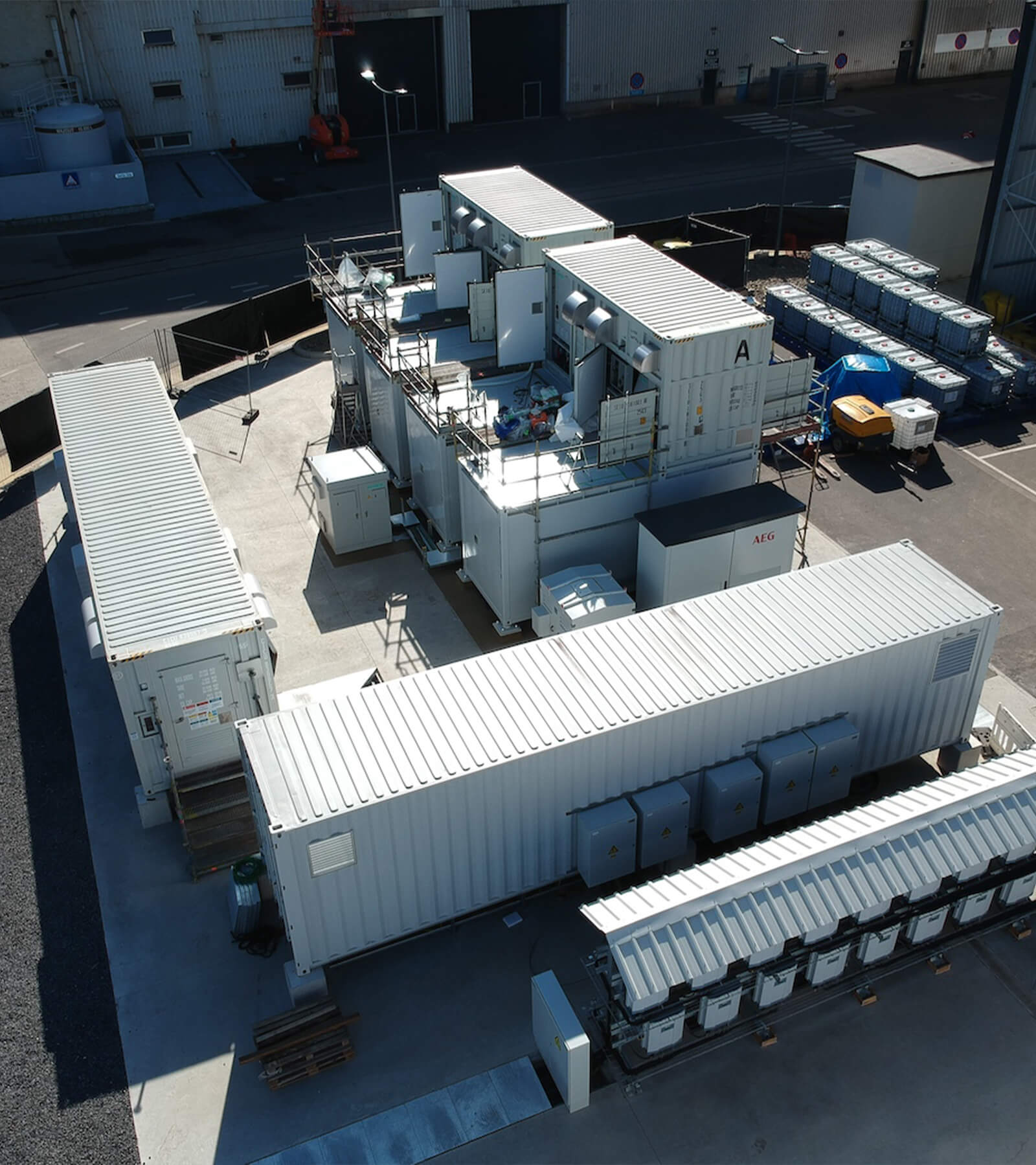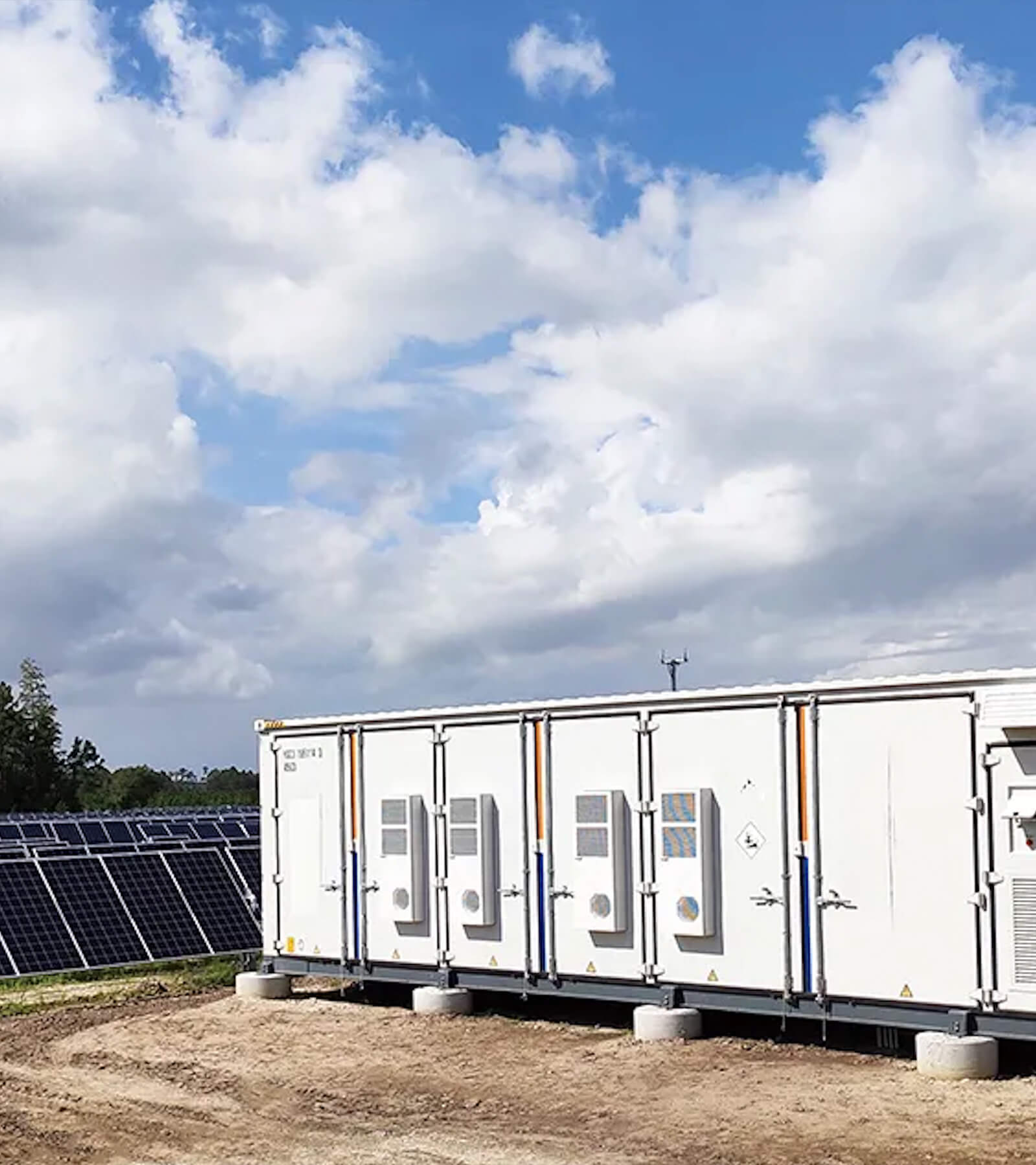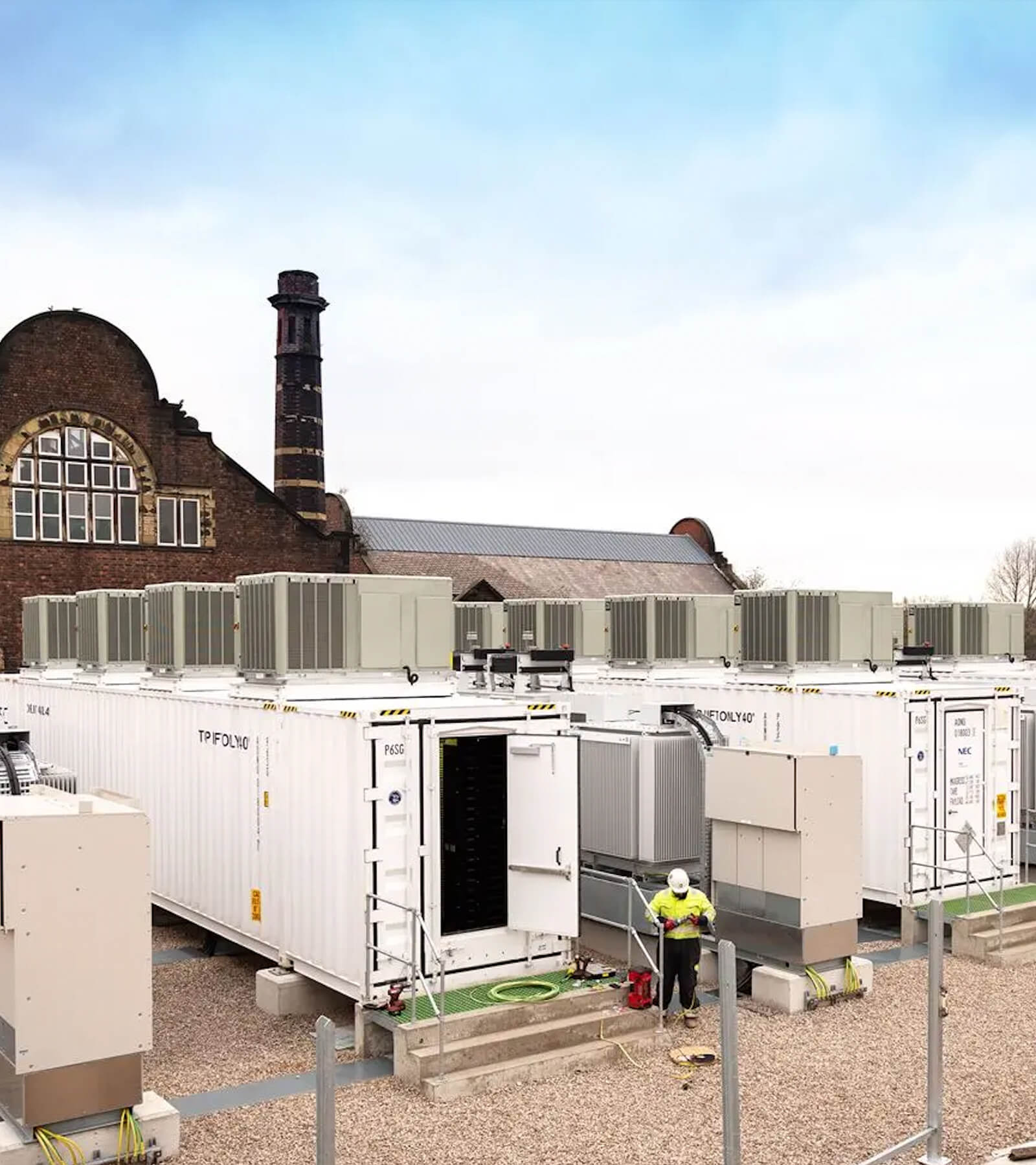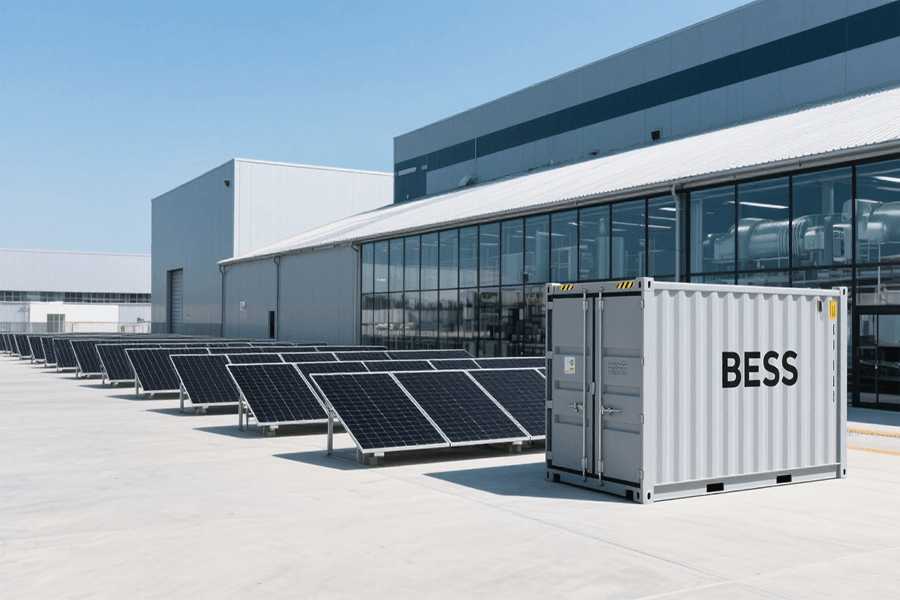
The 2025 EU F-Gas Regulation – No More “Business as Usual”
Greetings, esteemed EU food processing leaders! In an era where sustainability is not just a buzzword but a business imperative, 2025 marks a pivotal year for your operations. If your refrigeration systems are still entirely dependent on grid power, it’s time to take notice—the EU’s updated F-Gas Regulation (Regulation (EU) 2024/… ) has set new, stringent standards that demand immediate action.
This regulation specifically targets commercial refrigeration in food facilities, including dairies, meat processors, and frozen food plants, mandating that 20% of their power must originate from renewable energy sources [https://ec.europa.eu/clima/policies/f-gas_en].
The Consequences of Non-Compliance
The implications of failing to meet these requirements extend far beyond environmental concerns. Non-compliance can result in significant financial penalties, with fines of up to €100,000 per facility (penalties may vary depending on the size and scale of your operations). Additionally, non-compliant businesses risk being blocked from accessing EU trade networks, potentially disrupting supply chains and damaging long-term profitability.
The Solution: BESS Containers
But there’s no need to view this mandate as a burden. Instead, see it as an opportunity to transform your operations and drive profitability. BESS Containers (Battery Energy Storage Systems) offer a game-changing solution, turning regulatory compliance into a competitive advantage. When paired with solar power, BESS Containers not only help you meet the 20% renewable energy requirement but can also reduce your reliance on the grid, leading to lower energy costs and increased operational efficiency.
Here’s how it works:
- Solar Power Generation: Install solar panels on your facility to harness the power of the sun and generate clean, renewable energy.
- Energy Storage: Excess solar energy is stored in BESS Containers for later use, ensuring a reliable power supply even when the sun isn’t shining.
- Optimized Energy Use: BESS Containers can be programmed to discharge energy during peak demand periods or when grid electricity prices are high, maximizing cost savings and reducing your carbon footprint.
Why BESS Containers Are Non-Negotiable for EU Food Processors
The EU food and drink sector is a significant energy consumer, accounting for 14% of the bloc’s total industrial energy consumption (European Commission, 2024) [https://ec.europa.eu/eurostat/statistics-explained/index.php?title=Food_and_drink_industry_statistics]. A detailed breakdown reveals that refrigeration alone consumes 30-40% of the total energy used within this sector, underscoring its pivotal role in safeguarding product quality and safety. This reliance on refrigeration is not merely a matter of convenience; it is a regulatory necessity, as improper cooling can lead to bacterial growth, spoilage, and potential health hazards for consumers.
For food processing plants that operate around the clock, such as dairy facilities constantly processing milk or meat plants preserving inventory, relying solely on grid power presents multifaceted challenges:
| Challenge | Description | Impact on Operations |
|---|---|---|
| High Electricity Costs | Continuous energy demand drives up expenses, especially during peak hours when tariffs are highest. | Erodes profit margins and increases operational costs, making businesses less competitive. |
| Power Outages | Unforeseen disruptions in the power supply can halt production immediately. | Leads to spoiled products, missed delivery deadlines, and financial losses due to product waste and potential contractual penalties. |
| Grid Instability | Fluctuations in voltage or frequency can damage sensitive equipment used in food processing. | Requires costly repairs and maintenance, and may also affect the quality of the final product. |
BESS (Battery Energy Storage System) Containers offer an innovative solution to these pressing issues, addressing two key challenges faced by the food processing industry:
Renewable Energy Storage
BESS Containers serve as a technological marvel, enabling the storage of renewable energy generated from sources like solar arrays. These containers are equipped with advanced battery management systems that optimize energy storage and retrieval. During daylight hours, when solar panels are at their most productive, excess energy is stored in the BESS. This stored energy can then be utilized during periods when the sun isn’t shining, such as at night or on cloudy days. By doing so, food processing plants can:
- Reduce Dependence on Non-Renewable Grid Power: Transition to a more sustainable energy source, reducing reliance on fossil fuels.
- Decrease Carbon Footprint: Minimize greenhouse gas emissions associated with energy consumption, aligning with the EU’s ambitious climate goals.
- Contribute to a Sustainable Energy Future: Play an active role in the global shift towards renewable energy, ensuring long-term energy security.
Peak Demand Charge Reduction
Grid power often comes with peak demand charges, which act as a “hidden tax” during periods of high electricity consumption. In the food processing industry, these peak periods typically occur during the morning (6-10 AM) and evening (4-8 PM) production rushes when multiple operations are running simultaneously. A case study of a medium-sized dairy plant revealed that peak demand charges accounted for 25% of their total electricity bill.
BESS Containers can help mitigate these charges through a strategic energy management approach:
- Discharging Stored Energy: During peak demand times, BESS containers release stored energy, reducing the amount of power drawn from the grid.
- Cost Savings: By lowering grid consumption during peak hours, businesses can significantly reduce their electricity bills, improving their bottom line.
- Enhanced Grid Resilience: This approach also helps to balance the load on the grid, contributing to overall grid stability.
Core Benefit 1: Peak Shaving & Solar Pairing – Slash Costs by 28%
Let’s get real: energy bills are one of your biggest operating expenses. BESS Containers + solar arrays don’t just help you comply with EU rules – they put cash back in your pocket.
How Peak Shaving Works
In the bustling world of food processing, peak production hours are a double-edged sword. While your refrigeration systems work overtime to meet demand, they simultaneously drive your grid electricity consumption to unprecedented levels. Utility companies, in response, impose hefty premiums on this peak usage, often charging 2-3 times the rate of off-peak hours. This scenario creates a significant financial burden that can eat into your bottom line.
A BESS (Battery Energy Storage System) Container serves as a strategic “energy buffer”, revolutionizing how you manage your energy consumption. Here’s how it operates:
- Charging Phase: During off-peak hours, typically between 10 PM and 6 AM, electricity costs plummet. At this time, the BESS Container actively charges, taking advantage of the significantly lower rates, which can range from €0.08 to €0.12 per kWh. This is in stark contrast to peak rates, which can reach €0.25 to €0.35 per kWh.
- Discharging Phase: When peak hours roll around, the BESS Container springs into action. It discharges stored energy, covering up to 50% of your refrigeration load. This strategic energy release not only stabilizes your power consumption but also mitigates the financial impact of peak usage charges.
A comprehensive study by the International Energy Agency (IEA) provides compelling evidence of the effectiveness of BESS for peak shaving. The study found that EU food processors leveraging BESS technology achieved an average reduction of 52% in their grid peak demand. For more detailed insights, you can refer to the IEA’s report on battery energy storage systems here.
Solar + BESS: The Cost-Saving Dream Team
The synergy between a BESS Container and a solar array is a game-changer for cost savings in the EU food processing industry. When paired with a 200–1000 kW solar array, the BESS Container maximizes the benefits of renewable energy. During the day, the solar array harnesses the power of the sun to generate free electricity. This surplus energy is then stored in the BESS Container, ensuring a reliable power supply during nighttime or on cloudy days when solar production is limited.
To illustrate the potential savings, consider the following real-world cost breakdown for EU food plants. These figures are based on average energy consumption patterns and current EU utility rates:
| Solar Array Size (kW) | BESS Capacity (MWh) | Monthly Grid Cost Before (€) | Monthly Grid Cost After (€) | Annual Savings (€) | Cost Reduction |
|---|---|---|---|---|---|
| 200 | 0.4 | 8,333 | 6,000 | 28,000 | 28% |
| 500 | 1.0 | 20,833 | 15,000 | 70,000 | 28% |
| 1000 | 2.0 | 41,667 | 30,000 | 140,000 | 28% |
Source: EU Sustainable Energy for All (SEforALL) 2025 Report Available here
These savings not only contribute to your company’s financial health but also align with the EU’s sustainability goals, positioning your business as a leader in the transition to renewable energy.
Core Benefit 2: Temperature Control & Food Safety – No Compromises
For food processors, “sustainability” can’t come at the cost of safety. BESS Containers are designed to meet two non-negotiable standards: battery efficiency and EU food safety rules. These standards are not just regulatory requirements but the cornerstones of a reliable and compliant energy solution for the food processing industry.
Temperature-Controlled Enclosures: Keep Batteries Happy (and Efficient)
Batteries are finicky components with specific operational preferences. According to the Lithium-Ion Battery Association (2024), lithium-ion batteries exhibit peak performance within a narrow temperature range of 15–25°C. Deviations from this ideal zone can have significant consequences: a drop below 10°C results in a 20% reduction in battery capacity, while exposure to temperatures above 30°C can shorten the battery lifespan by 30% [https://www.lithiumbatteryassociation.org/battery-temperature-guide].
Maxbo Solar’s BESS Containers are engineered with state-of-the-art industrial-grade HVAC systems that address these challenges comprehensively:
- Precise Temperature Regulation: The HVAC system maintains an optimal internal temperature of 18–22°C, ensuring batteries operate at peak efficiency. This consistent temperature control not only maximizes energy storage capacity but also extends the overall lifespan of the battery system.
- Energy-Efficient Design: Leveraging advanced insulated panels and intelligent smart thermostats, the cooling system consumes 15% less energy compared to standard solutions. This energy savings not only reduces operational costs but also aligns with the sustainability goals of food processing facilities.
- Adaptive Climate Response: The system is equipped with automatic adjustment capabilities to handle extreme weather conditions. Whether it’s the freezing winters of Germany or the sweltering summers of Spain, the BESS Container’s HVAC system ensures stable internal temperatures, protecting the batteries from environmental stress.
EU Food Safety Compliance: Zero Cross-Contamination Risk
The EU’s Regulation (EC) No 178/2002 (General Food Law) sets stringent standards for all equipment used in food processing, mandating zero tolerance for any component that could pose a contamination risk. BESS Containers must adhere to these regulations to ensure the safety and integrity of food products [https://eur-lex.europa.eu/legal-content/EN/TXT/?uri=CELEX:32002R0178].
Maxbo Solar’s BESS Containers are constructed to meet the highest food-grade standards, incorporating features that guarantee compliance with EU food safety regulations:
- Hermetic Sealing: The containers are hermetically sealed, creating a barrier that prevents the escape of dust, fumes, or liquids. This airtight design not only protects the internal battery components but also ensures that no contaminants can enter the food production environment.
- Stainless Steel Exteriors: The use of stainless steel for the container exteriors offers multiple benefits. It provides excellent corrosion resistance, ensuring durability even in harsh food processing environments. Additionally, the smooth surface of stainless steel is easy to clean and sanitize, making it an ideal material for facilities handling sensitive products such as meat and dairy.
- Remote Monitoring Capabilities: The BESS Containers are equipped with a sophisticated remote monitoring system accessible via a dedicated app. This allows facility managers to track the performance of the battery system in real-time without the need for staff to enter food production areas. This minimizes the risk of human-introduced contamination while providing comprehensive oversight of the BESS operations.
Practical Next Steps: Sizing Your BESS & Securing EU Grants
Ready to invest in a BESS Container? Here’s how to get started.
BESS Sizing Guide for Food Processors
Selecting the optimal Battery Energy Storage System (BESS) size for your food processing facility is a nuanced decision. It’s crucial to understand that bigger isn’t always better; instead, the ideal BESS capacity hinges on your specific refrigeration load requirements. A useful starting point is the general rule of thumb:
1 MWh of BESS capacity = 500 kW of refrigeration load
However, real-world applications often demand a more detailed approach. Let’s explore some practical examples across different types of food facilities:
| Food Facility Type | Average Refrigeration Load (kW) | Recommended BESS Capacity (MWh) | Solar Array Size (kW) |
|---|---|---|---|
| Small Dairy (10kL/day) | 200 | 0.4 | 400 |
| Medium Meat Plant (500kg/hour processing) | 500 | 1.0 | 800 |
| Large Frozen Food Plant (10,000m² cold storage) | 1000 | 2.0 | 1500 |
Several factors can influence these estimates, including peak usage times, seasonal variations in demand, and the efficiency of your existing refrigeration equipment. That’s why we strongly recommend collaborating with a qualified engineer to conduct a comprehensive audit of your actual load. As a special offer, Maxbo Solar provides free load audits to help you determine the most accurate and cost-effective BESS solution for your business.
Get EU Grants to Cover Upfront Costs
Funding your BESS and renewable energy project doesn’t have to break the bank, thanks to the EU’s COSME Program (Competitiveness of Enterprises and SMEs). This initiative offers substantial grants of up to €200,000 per SME to support investments in renewable energy technologies.
Eligibility Criteria
Meeting the requirements is simpler than you might think:
- Business Registration: Your company must be legally registered within the EU.
- Technology Use: The grant funds must be allocated towards a combination of BESS and solar energy systems, or other approved renewable technologies.
- Environmental Impact: You’ll need to demonstrate how the investment will reduce your business’s carbon footprint by at least 20%. This can be achieved through detailed energy efficiency projections, emissions reduction calculations, and comparisons with your current operational data.
Navigating the grant application process can be complex, but you don’t have to do it alone. Maxbo Solar has a proven track record in this area, having assisted 12 EU food processors in successfully securing COSME funds since 2023. Our team of experts can guide you through every step, from preparing the necessary documentation to crafting a compelling application that highlights the unique benefits and sustainability goals of your project.
Why Maxbo Solar (That’s Us!) Is Your Best Partner
At Maxbo Solar (www.maxbo-solar.com), we don’t just sell BESS Containers – we solve problems for EU food processors. Here’s what makes us different:
- Food Industry Expertise: We’ve designed BESS systems for 50+ dairy, meat, and frozen food plants across the EU (from Ireland to Italy). We know your refrigeration needs better than generic energy companies.
- Turnkey Service: We handle everything – from load audits and grant applications to installation and maintenance. No more juggling 3+ vendors.
- Warranty Peace of Mind: Our BESS Containers come with a 10-year warranty (double the industry average) and 24/7 support (via phone or on-site within 48 hours).
- Compliance Guarantee: We’ll sign off that your BESS meets EU F-Gas and Food Safety rules – so you can focus on making great food, not paperwork.
Want to see a BESS Container in action? We have a demo facility in Rotterdam (Netherlands) – just reach out to schedule a visit!
–
Final Thought
The 2025 EU F-Gas Regulation isn’t a threat – it’s an opportunity. A BESS Container + solar array will help you comply, cut costs, and future-proof your business. And with Maxbo Solar by your side, the transition will be smooth (and maybe even a little fun – we promise no jargon!).
Ready to chat? Email us at [email protected] or call +31 (0)10 123 4567.

